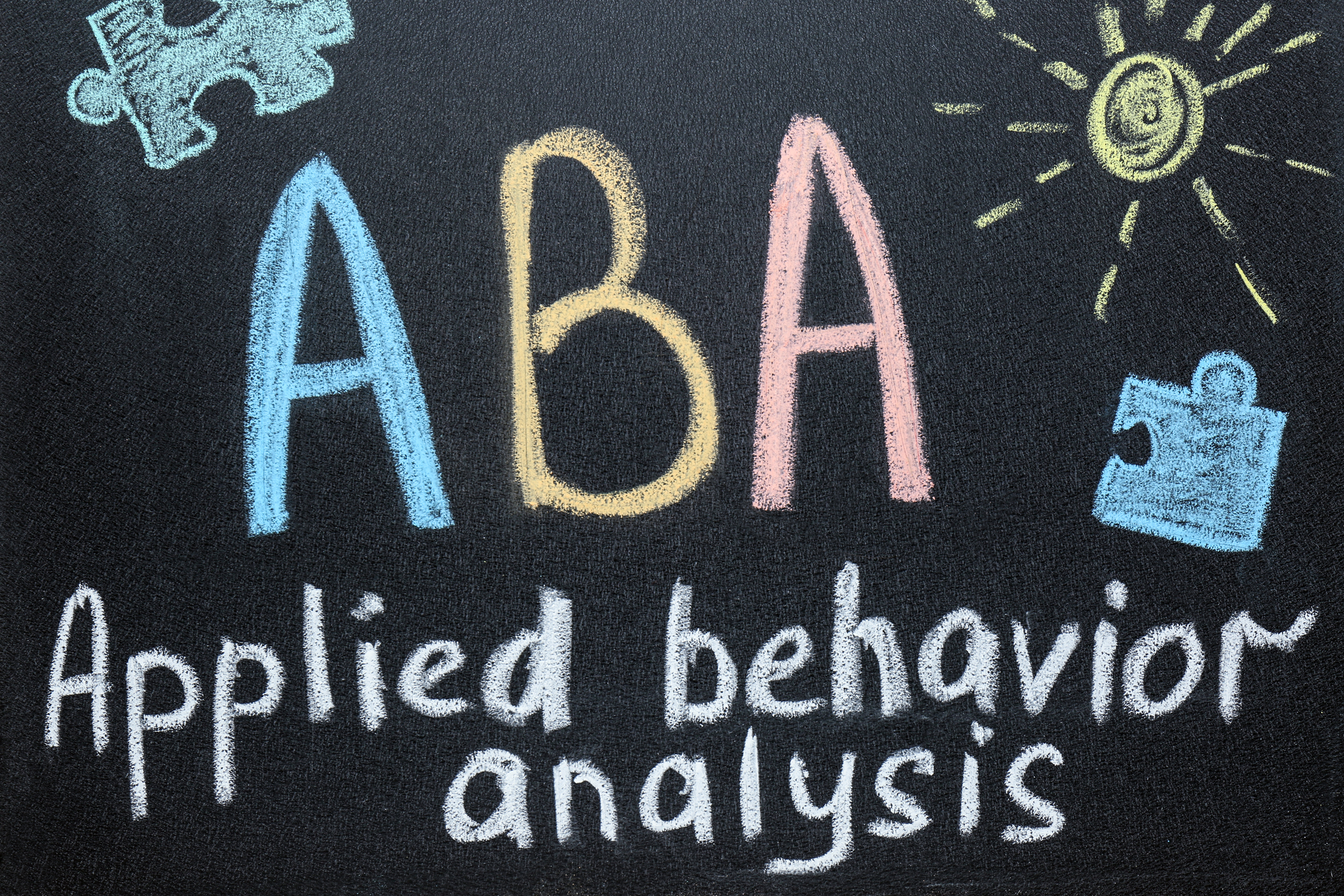People who have developmental delays, autism spectrum disorder (ASD), or other social problems need help right away. Educational evaluations and advocacy services are very important for finding out what people need, getting them access to resources, and making sure they get the help they need to do well. We will talk about how important early intervention is and what part educational evaluations and advocacy play in Applied Behavior Analysis (ABA) therapy in this blog post.
Educational exams are the most important part of early intervention programs that work. These tests tell us a lot about the person’s skills, weaknesses, and preferred ways of learning, which is necessary for making a personalized intervention plan. ABA teachers do thorough evaluations to find out exactly what the child needs help with and to come up with specific intervention plans and goals. These evaluations might include watching the person directly, giving them standardized tests, talking to their caretakers, and working with other people who are helping to care for them.
After assessments are done, ABA therapists work closely with parents, guardians, teachers, and other important people to make sure that the right services, supports, and accommodations are provided. This could mean going to Individualized Education Program (IEP) meetings, working with school staff to carry out behavior intervention plans (BIPs), and teaching parents and other adults responsible for children how to speak up for their educational needs. ABA therapists help make sure that everyone has the chance to reach their full potential by standing up for their clients’ rights and making sure they have access to the right tools and supports.
Early intervention is very important because it lets people get help during key stages of growth, when their brains are most open to learning and changing. Early assistance has been shown to make a big difference in how well people with developmental delays or disabilities can communicate, get along with others, do in school, and handle daily tasks. ABA therapy can help kids deal with problems and build a strong base for future growth and development by figuring out their needs and putting in place focused interventions early on.
Also, getting help early can have long-term benefits that last into old age. ABA therapy helps people live more independent and satisfying lives by dealing with their behavior problems and teaching them new skills and ways to handle everyday tasks. Early intervention can also cut down on the need for more intensive supports and interventions later on, which saves people and their families time, money, and mental stress.
Finally, educational evaluation & advocacy services are very important for early intervention programs that help people with developmental issues, autism spectrum disorder (ASD), and other behavior problems. Assistive technology (ABA) therapists help make the world a better place for everyone by doing thorough evaluations, fighting for the right services and supports, and giving people and their families the tools they need to succeed. To help people reach their full potential and get the help they need to do well in school, work, and life, early assistance is very important.



